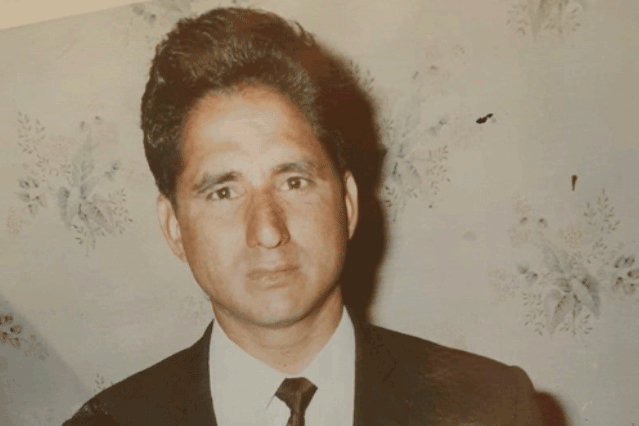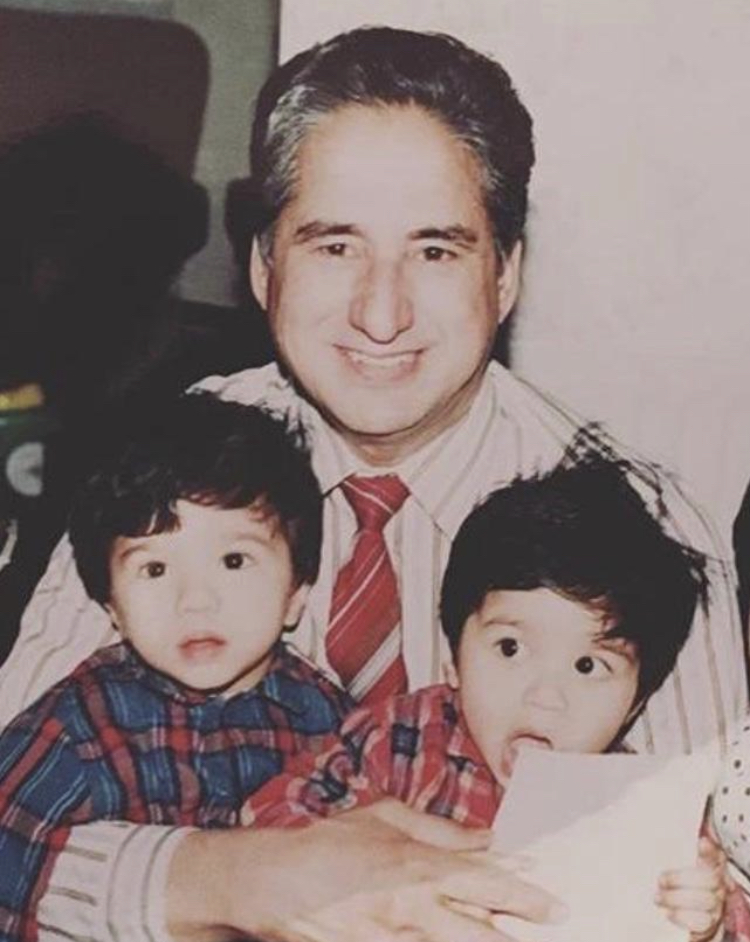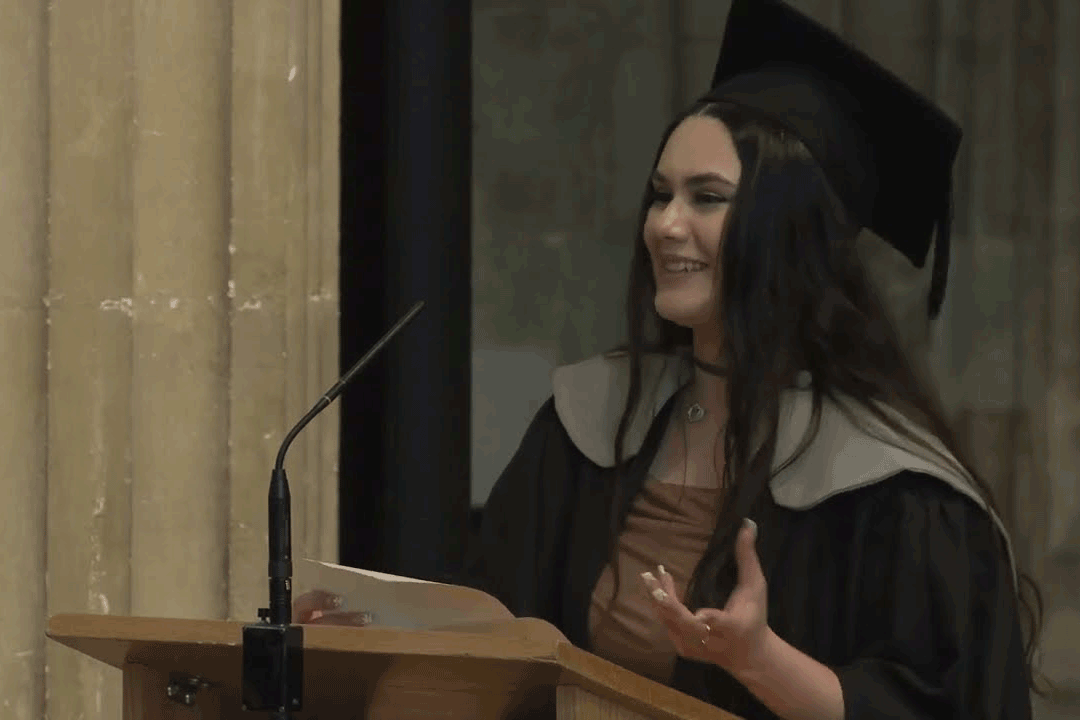This blog post forms part of a series exploring identity, culture and heritage as part of the University of Kent’s South Asian Heritage Week.
By Vanisha Jassal, Senior Lecturer, School of Social Policy, Sociology and Social Research
My story starts – the point at which I am able to recount it anyway – during the 1947 partition which divided my country of origin, India, into two nations: India and Pakistan. My father, Amar Chand Mahay, was 13 years old; the age my son is today. Sadly my dad is no longer with us, but he had showered me and my siblings with stories during our childhood, about the struggle he, his 6 siblings and his mum and dad, experienced as they were forced to flee their home and move from what overnight, became Pakistan. The flippancy with which the British Raj demarcated the divisional line between the two countries was narrated to me frequently by uncles and aunties who had all faced similar trauma from this exodus, and images of my extended family’s experience have always stayed with me. I am reminded of them each time I hear of any refugee crisis, as being suffered now by the people of Ukraine.
My day, Amar Chand Mahay, as a young man who migrated to the UK in the 1960s with, I’m sure, new aspirations and dreams.
My dad’s pride in being Indian is engrained in me, and I soaked up the Punjabi and Hindi languages growing up through attending language classes on a Saturday, but mainly through watching hours of Indian cinema. These movies infiltrated our lives with colour, fun, music and dance – they still do. Although our Christmases have always been very British, with a large Turkey (meat and tofu versions!) adorning the dining table, there’s always room to break out into some Bollywood karaoke. The children in our families today, roll their eyes as if to say, ‘here they go again’, but what is beautiful is that they love it too. They may not recall the movies, or even watch any themselves, but they enjoy the rhythms and beats – just as much as we did all those years ago.
I thank my father for instilling in me the capacity to own both one’s culture and that of the country in which you live. He was very proud to own a British passport, loved shopping in Marks and Spencers and was an active Labour party supporter. He mingled with local politicians and opened the first temple of our faith in the UK. He graduated in English and was one of the few Indian graduates across the West Midlands region to where he migrated in the 1960s. However, he soon discovered that it was the manual jobs which were plentiful for immigrants and he worked for decades as a factory worker, continuing to engage in scholarly works in his personal time – including studying the ‘Short Oxford Dictionary’ – the title always making my siblings and I laugh as it was anything but short and pretty humongous.
Dad loved being surrounded by his family and is shown here with his twin grandsons, retiring from work to help raise them.
Looking across the decades, from my father’s first entry to the UK and to my life today, I see experiences which are worlds apart. However, I am pleased and proud that there is still so much in my life today which remains the same; mainly a strong sense of pride in my own heritage and identity, whilst embracing and being interested in the identities and cultures of all those who come into my life.
I wish I had asked my dad more questions about this major episode and how it shaped his world view and his character. I urge anyone who has, within their family network, members who have experienced significant life events, to be curious about these, enquire more, and document their stories. Luckily for me, my dad was a wonderful storyteller, and he and his younger brother, the last surviving member of that family of nine, would sit all of us children down and tell us about how their parents had to rebuild their life in a new village; how difficult it was to just cook the daily meals; how tirelessly the women and men worked to survive.
A most wonderful recent memory is my husband and I arriving home to find my 16 year old daughter and her two friends blasting Hindi music from her room. An utter delight. Her generation embraces Britishness more than mine did – simply because it is easier to do so growing up being a person of colour today. However, what is lovely for me is that my children also continue to engage with their Indian heritage – the fashion, the food, the ceremonies – simply because it is so rich and offers them such a strong foundation upon which to build their own lives.
This blog post forms part of a series exploring identity, culture and heritage as part of the University of Kent’s South Asian Heritage Week. This week runs from the 28 March -1 April 2022 and invites exploration of the identities, history and heritage of British South Asians.
For more events and activities please see Kent Union’s South Asian Heritage Week website.



